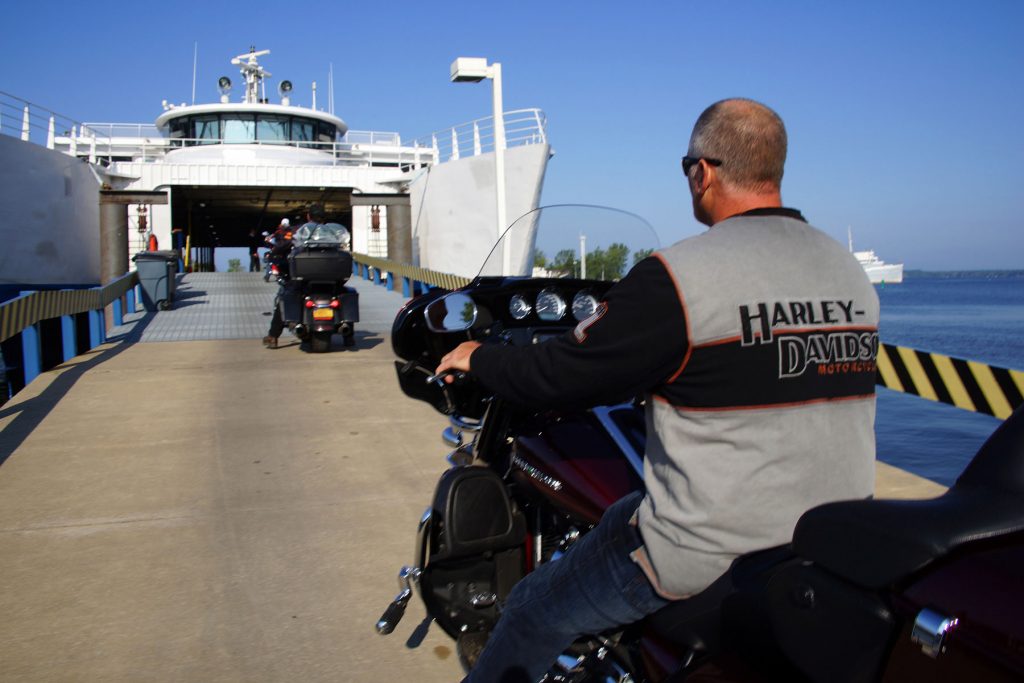
On July 11, the Securities and Exchange Commission (SEC) announced that a Wisconsin-based global provider of HVAC systems has agreed to pay more than $14,000,000 to settle charges that it violated the books and records and internal accounting controls provisions of the Foreign Corrupt Practices Act (FCPA).
Johnson Controls entered into the settlement with the SEC in regards to the company’s marine business in China.
An SEC investigation found that a wholly-owned Chinese subsidiary of Johnson Controls used sham vendors to make improper payments of approximately $4.9 million to employees of Chinese government owned shipyards, and ship-owners and others, to obtain and retain business and personally enrich themselves.
After discovering evidence of potential improper behavior on the part of employees in its marine business in China, the company voluntarily reported the circumstances to the U.S. government, conducted a thorough investigation and fully cooperated with the U.S. authorities.
“At Johnson Controls, integrity is at the center of everything we do,” said Johnson Controls CEO Alex Molinaroli. “The ability to identify and address issues when they do occur, reflects the company’s commitment to ethics, responsible management practices and the good governance systems that uphold them. Our continuous improvement culture also involves continuing to make those systems even stronger.”
The Department of Justice (DOJ) also made public a letter of declination citing among other things the company’s voluntary disclosure, thorough investigation, full cooperation, remediation and additional enhancements to the company’s internal accounting controls and compliance program. Johnson Controls is neither admitting nor denying the SEC’s findings, which include a total payment of $14.4 million and a one year reporting period.
Johnson Controls terminated all 16 employees involved in the misconduct, noted the government report, which included high-level executives.
According to the SEC’s order instituting a settled cease-and-desist proceeding against Johnson Controls:
- Johnson Controls acquired the Chinese subsidiary as part of a 2005 acquisition of York International, which was subject to a prior FCPA enforcement action in October 2007, for conduct in China and other parts of York’s business.
- Despite JCI’s efforts to remediate China Marine, the bribery continued.
- From 2007 to 2013, the managing director of China Marine, with the aid of approximately eighteen China Marine employees in three offices, continued the bribery and theft that began under his predecessor by using vendors instead of agents to facilitate the improper payments.
- Johnson Controls limited the use of agents, and thus the employees used the vendor scheme to create slush funds. The employees fashioned the improper scheme using vendors because vendor transactions were considered low risk by JCI due to the low dollar value of the transactions, with the average vendor payment approximately $3400.
- Johnson Controls’ internal controls over vendor payments were less rigorous, and China Marine operated with very little oversight by JCI’s Denmark office, which oversaw the Global Marine business. Even in the instances where managers in Denmark did a review, they did not understand some of the highly customized transactions at China Marine or the projects involving the sham vendors.
- Johnson Controls self-reported this misconduct to the SEC and cooperated with the investigation.













